As Ukraine’s allies prepare to meet in Paris for a high-stakes summit, British Prime Minister Keir Starmer has delivered a sharp critique of Russian President Vladimir Putin, accusing him of being insincere in ceasefire negotiations. Starmer insists that while Ukrainian President Volodymyr Zelensky has continuously shown a willingness to negotiate for peace, Putin’s actions suggest otherwise.
The UK prime minister emphasized that Russia has been manipulating the ongoing talks while continuing its attacks on Ukraine, especially in the Black Sea region. “His promises are hollow,” Starmer said, underscoring the skepticism Western leaders have toward Russia’s approach to diplomacy.
The upcoming Paris summit is expected to reinforce international support for Ukraine, but a key question remains: Will Russia genuinely engage in peace talks, or will it continue to use negotiations as a smokescreen for its military ambitions?
Putin’s Words vs. Actions: A Widening Gap
Since launching the full-scale invasion of Ukraine in February 2022, Russia has repeatedly sent conflicting signals about peace talks. While Moscow has at times suggested a willingness to negotiate, its military actions tell a different story.
This inconsistency has fueled distrust among Western nations, and Starmer’s latest remarks reflect growing frustration with Russia’s behavior. He specifically pointed to the situation in the Black Sea, where Russia has reportedly manipulated naval ceasefire agreements while still launching attacks on Ukrainian forces and infrastructure.
“Playing games with the agreed naval ceasefire in the Black Sea despite good faith participation from all sides, all while continuing to inflict devastating attacks on the Ukrainian people. His promises are hollow,” Starmer remarked.
These accusations come amid reports that Russian strikes have intensified in recent weeks, targeting Ukrainian cities, energy infrastructure, and supply routes. The Kremlin’s actions have led many to believe that any so-called peace talks are merely a stalling tactic to buy time for further military advancements.
Ukraine’s Allies Stand Firm: Paris Summit to Strengthen Support

Starmer’s comments come as Western leaders, including representatives from the United States, France, Germany, and other European nations, prepare to meet in Paris to discuss the next steps in supporting Ukraine. The summit aims to reinforce military and financial assistance while increasing diplomatic pressure on Russia.
Zelensky, who has consistently called for a just and lasting peace, will likely use the meeting to push for more air defense systems and long-range weapons to defend Ukrainian territory. The Ukrainian president has repeatedly demonstrated his commitment to peace but insists that any negotiations must be based on Ukraine’s sovereignty and territorial integrity.
Starmer praised Zelensky’s approach, contrasting it with Putin’s reluctance to engage in meaningful discussions. “Now Putin needs to show he’s willing to play ball,” the UK leader stated, reinforcing the notion that Russia must take real steps toward de-escalation rather than prolonging the conflict through deception.
While Ukraine’s allies remain committed to helping Kyiv resist Russian aggression, there are growing concerns that without a credible partner on the Russian side, peace remains a distant prospect.
U.S. Leads Ceasefire Talks, but Will Russia Engage?
One of the central topics at the Paris summit will be the role of the United States in ceasefire negotiations. Washington has been a driving force behind both military and diplomatic efforts to support Ukraine, providing billions of dollars in aid while working with European allies to maintain unity against Russian aggression.
Despite these efforts, past attempts at negotiating a ceasefire have been marred by Russian violations. Putin’s forces have repeatedly targeted Ukrainian cities even as diplomatic discussions were underway.
This pattern of behavior has led many analysts to question whether Russia is genuinely interested in peace or simply using negotiations as a way to regroup and continue its military operations. The situation in the Black Sea is a prime example, where Moscow has been accused of undermining ceasefire agreements while keeping pressure on Ukraine’s vital shipping routes.
Western leaders are expected to push for stronger guarantees that any future ceasefire agreements will be respected. However, given Putin’s track record, skepticism remains high.
The High Stakes of the Paris Summit
The outcome of the Paris summit will be crucial in shaping the next phase of international support for Ukraine. As Russian attacks continue, Kyiv is calling for increased military assistance, including advanced air defense systems, longer-range missiles, and economic aid to sustain its war effort.
At the same time, Western leaders must balance military aid with diplomatic efforts to prevent further escalation. The risk of prolonged conflict remains high, and without meaningful Russian engagement, the war could drag on indefinitely.
For Ukraine, the stakes couldn’t be higher. A lack of decisive action from its allies could embolden Putin, leading to more aggression. On the other hand, a strong and united response from the West could force Moscow to reconsider its strategy and engage in genuine peace talks.
What’s Next? Pressure Mounts on Moscow
With global leaders meeting in Paris, the world is watching to see how Russia will respond. Will Moscow make any meaningful concessions, or will it continue to delay and deceive?
Ukraine’s allies are likely to announce further military aid packages and economic sanctions to increase pressure on the Kremlin. However, history has shown that Putin is unlikely to back down without significant consequences.
Read also: “Putin’s Relentless Attacks Show No Interest in Peace, Says EU”
As Ukraine continues to fight for its sovereignty, Western nations must decide how far they are willing to go to support Kyiv. While diplomatic efforts are crucial, leaders like Starmer are making it clear that without real action from Russia, peace will remain elusive.
The burden now falls on Putin to prove that he is serious about ending the war. The world is watching—will he finally step up, or will he remain the biggest roadblock to peace?







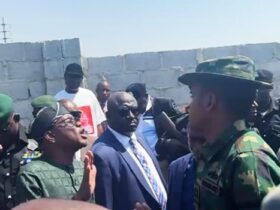




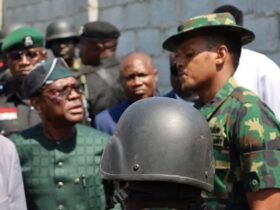
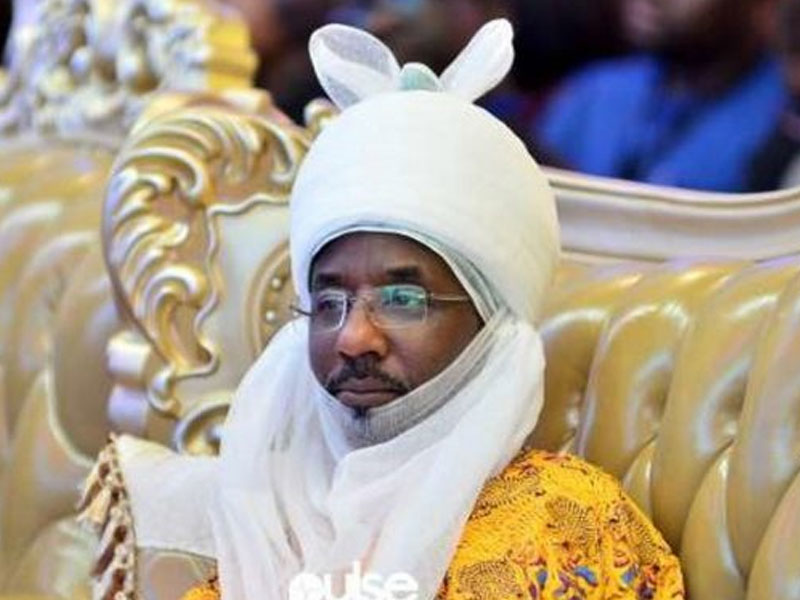
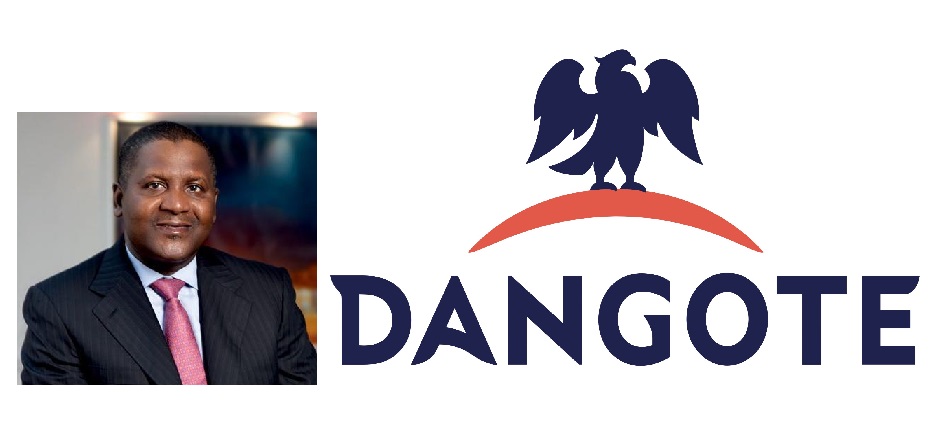
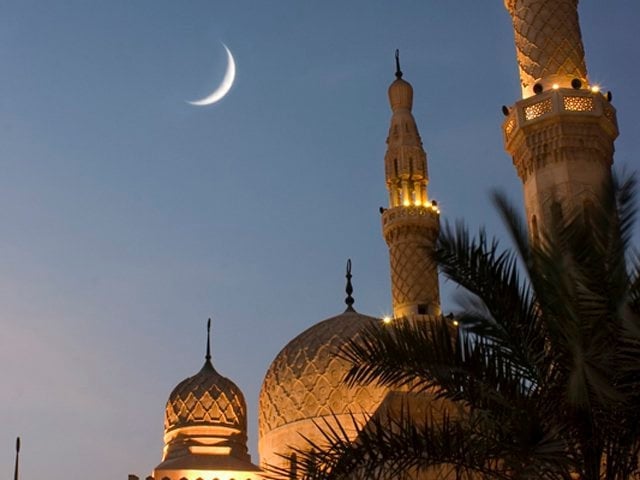
Got a Questions?
Find us on Socials or Contact us and we’ll get back to you as soon as possible.